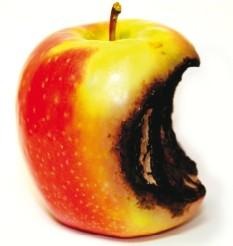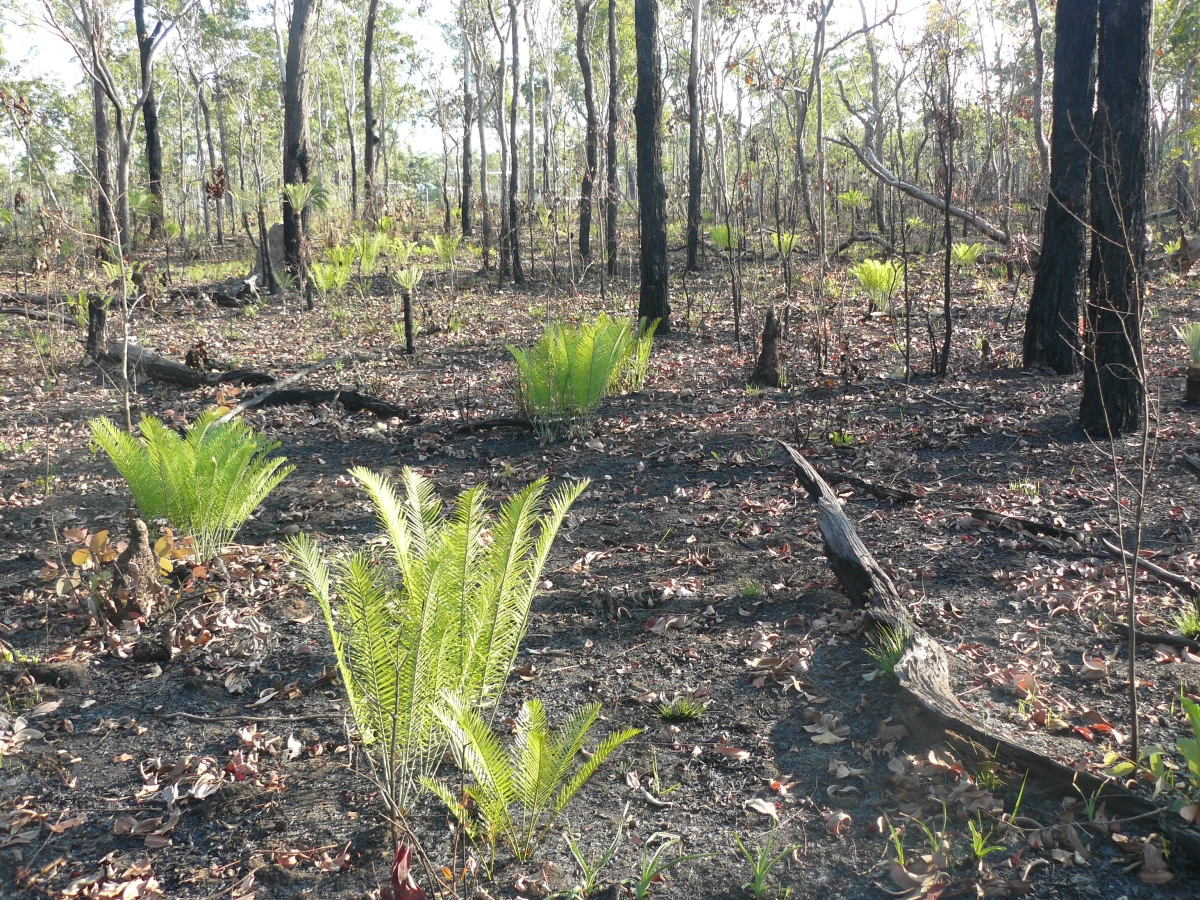I’ve been on the Australian Research Council (ARC) College of Experts now for a little over two and a half years. It has been a time-consuming, yet insightful experience. Without attempting to breach all the confidentiality agreements I signed when I joined up, I would like to explain a few of the internal machinations that go on behind the scenes once a grant application is submitted.

Given that academics spend A LOT of (i.e., way too much) time writing research grants, I think it’s essential to understand not only how to maximise your probability of success (see this post for some generic tips), but also how your grant is treated once you submit it. I’ve heard from colleagues (and been responsible for myself) many unhappy gripes about the ARC over time, which appear to have increased over the last five years in particular.
There are certainly some very good reasons to be upset about the research-grant environment in Australia. While I will restrict this post to issues concerning the ARC because that’s what I know best, I gather that many of the same issues plague other national agencies, such as the National Health and Medical Research Council (NHMRC). But to dispel the suspicion that the ARC is just out to make our lives hell, I’m going to provide a list of my experiences on what I think they do exceptionally well. I’m definitely not taking sides here, because after the list of pros, I’ll provide a detailed list of cons and some ways I think the ARC can move forward.
Impartiality
The ARC is very, very good at avoiding bias in the assessment process. Even if some potential bias does manage to creep in, the ARC is also extremely efficient at identifying and removing it. First, all assigned ‘carriages’ (College Experts) assigned to grants cannot work at the same institution as the applicants, they cannot have published with any of the applicants, nor can they have any other association with them. All potential conflicts of interest are declared and dealt with immediately up front.
Second, carriages cannot assign assessors with any of the aforementioned conflicts of interest given restrictions in the online applications that we use to identify and assign suitable assessors.
Third, during the actual deliberations, anyone who has any perceived conflict of interest must ‘leave the room’ (done in Zoom these days), nor can those people even see the grants under discussion for which they’ve been deemed conflicted.
Democracy
I have to admit that I’ve been involved in few processes that were more democratic than advisory panel meetings for deciding the fate of ARC grant applications. Any grant under discussion is not only pored over by the ‘detailed assessors’ (those are the comments to which you have to write a rejoinder), it is discussed in gory detail by the carriages. We not only read all of the detailed assessors’ reports and your rejoinder (after already having read the proposal itself many times), we also compare our scores among carriage members, discuss any scoring disparities, argue for or against various elements, and generally come to a consensus. For those grants under discussion, we also vote as an entire panel, with only majority ‘yes’ grants getting through.
Word of advice here — treat your rejoinder very seriously, and be succinct, polite, erudite, and topical. A good rejoinder can make or break any application.
Read the rest of this entry »
 (Originally posted by
(Originally posted by  A modified excerpt from
A modified excerpt from 










